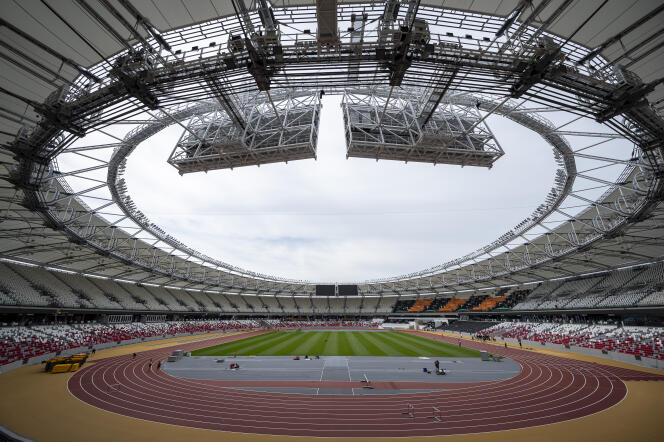


Although the affair has been troubling international sporting and diplomatic bodies for many months, Sebastian Coe has made up his mind. The president of World Athletics will not allow Russian and Belarusian athletes, even under neutral status, to take part in the international events that his organization coordinates.
"Athletics will not be on the wrong side of history," the Briton insisted to the press on July 31. "You just simply had a nation that could no longer compete and was having its infrastructure destroyed and I couldn’t in conscience offer a panoply of service and status to athletes from countries that were bringing that about."
Unsurprisingly, no representative of either country will be taking part in the World Athletics Championships – the qualifying event for the Paris Olympic Games – to be held from August 19 to 27 in Budapest. At a time when many international federations have approved their return – and the question of their participation, subject to conditions, in the 2024 Olympics is being raised – Coe's uncompromising stance marks a break with the International Olympic Committee (IOC).
On February 28, 2022, in a departure from its traditional neutrality, the Switzerland-based body recommended that international federations and competition organizers not allow the participation of Russians and Belarusians. This was in response to the war in Ukraine, unleashed four days earlier by Vladimir Putin, with the help of his ally Alexander Lukashenko. The recommendation had been largely followed: athletes from both countries were declared persona non grata in many disciplines.
Months later, the fighting hasn't stopped, but the IOC's position has shifted. Its president, Thomas Bach, now wants them to be reinstated without anthems and with only team flags, and also on the strict condition that the people concerned have not "actively" supported the conflict, and are not they under contract with the army or security services of the two countries concerned.
"We feel, suffer with and understand the Ukrainian people and athletes," explained Bach on March 22 at a political forum in Essen, Germany. "On the other hand, we have, as a global organization, a responsibility towards human rights and the Olympic Charter. Both do not allow such a total isolation of people with a specific passport."
However, as in the case of the ban, the decision on whether or not to allow such participation depends solely on the international federations, which are entitled to set their own eligibility criteria. On March 23, the World Athletics Board decided to maintain the sanction. "The death and destruction we have seen in Ukraine over the past year, including the deaths of some 185 athletes, have only hardened my resolve on this issue," explained Coe in a statement from his federation, issued after the meeting.
You have 53.75% of this article left to read. The rest is for subscribers only.
